Kinhtedothi - In the process of urban development, the exploitation and effective use of underground space plays a particularly important role. The 2024 Capital Law stipulates in Article 19 "Management and use of underground space", which has removed bottlenecks in underground space planning...
Underground space is divided into functional zones for management, exploitation and use.
According to the provisions of Article 19 of the 2024 Capital Law on management and use of underground space, the management and use of underground space must comply with the following principles: Based on a full assessment of natural conditions, geology, geomorphology, hydrology; In accordance with strategies, planning, and plans.
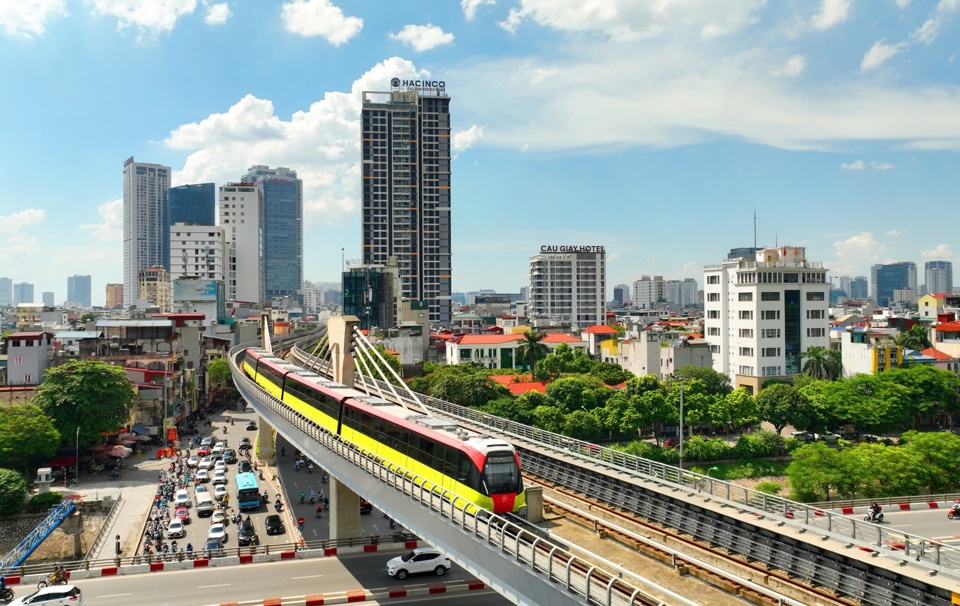
Ensure national defense and security; prioritize dual-use projects that can be readily transferred to serve national defense and security needs; preserve cultural space and environmental landscape, historical-cultural relics, and scenic spots; ensure synchronous connection with above-ground space and related underground construction spaces.
"Developing and effectively utilizing urban underground space can improve the ecological environment of the city, significantly reduce urban pollution, maintain the historical and cultural landscape of the city, effectively increase the green area of the city and expand the capacity of infrastructure to some extent. Reasonable planning of urban underground space can not only accelerate the development of the city but also enhance the economic and social benefits of the city. Therefore, urban underground space must be developed and well utilized so that the city can develop faster and better" - Dr. Nguyen Cong Giang (Hanoi University of Architecture) .
Construction of underground works, including foundations, piles and underground parts of above-ground works, must be carried out in accordance with the construction investment project, construction investment project items or construction permits as prescribed by law on construction.
In addition, underground space must be divided into functional zones for management, exploitation and use. Land users in the city are allowed to use underground space vertically within the land plot boundary from the ground surface to the depth limit prescribed by the Government in accordance with the planning. The use of underground space beyond the depth limit prescribed by the Government must be licensed in accordance with the approved planning.
Organizations and individuals permitted by the State to use underground space beyond the depth limit prescribed by the Government to construct underground works must pay for the use of underground space, except in cases of exemption or reduction of underground space use fees for underground works not for business purposes, on the list of encouraged construction investment or other cases prescribed by the Government.
The City People's Council issued a list of underground works that are encouraged for investment and construction.
Improving the efficiency and quality of urban planning
Discussing the significance and role of underground space development, Associate Professor, Dr. Nguyen Hong Tien - Former Director of the Department of Infrastructure (Ministry of Construction) affirmed that the use, exploitation and effective promotion of underground space brings many benefits. Specifically, the first thing that is easy to see is improving the efficiency and quality of urban planning, reorganizing urban construction space; increasing land use value and rationally using urban land funds to build houses, build public works; contributing to the formation and development of the underground real estate market.
In addition, the development of underground space also contributes to solving urban traffic problems; effectively exploiting land resources; minimizing the impact of environmental pollution. More importantly, it creates efficiency in terms of safety and national security. Accordingly, underground works are used as a safe defense system when natural disasters or wars occur...
"To accelerate the development of underground space, in the immediate future, Hanoi City needs to consider and study the use of budget capital as a "seed" source of capital to invest in some underground works and underground parking lots. On the one hand, to reduce the overload of parking infrastructure for densely populated areas, on the other hand, to create a spillover effect in attracting investors to this field" - Associate Professor, Dr. Nguyen Hong Tien expressed his opinion.
According to Prof. Dr. Hoang Van Cuong - Member of the National Assembly's Finance and Budget Committee, National Assembly Delegate of Hanoi City, currently, in some urban areas in Hanoi, underground space has developed outside the premises of those buildings. Similarly, in the central urban areas of the city, in the future, old apartment buildings such as Kim Lien, Trung Tu, Thanh Cong... must be renovated like that, turning that area into an underground city in the future. Only then will the space above ground be reserved for the public, especially urban traffic. A modern city must be like that and only then will it create money for investors to build higher to pay the people.
Such underground cities will be connected to synchronous traffic, with urban railways running through them, making them very convenient for living, traveling, and shopping; thereby attracting and appealing to people to live there.
Regarding the limitation of underground space depth, there should be separate regulations for each area. For example, in the central area of Hanoi, where many works are located in urban railway lines, underground space there must be regulated differently. In places where there are national defense and security works, there must be different regulations. Therefore, the depth, how many meters, must be based on the area and the Government should have a detailed decree, which will be more appropriate. If the depth of 15 meters is applied uniformly, it will not be suitable.
Sharing about the management and use of urban underground space in Hanoi, Dr. Nguyen Cong Giang (Hanoi University of Architecture) said that Hanoi is facing challenges in the management and use of underground space in the context of increasingly developing urban areas. The strong development of urban underground space is a necessary criterion to measure the level of modernization of Hanoi and is an inevitable trend of urban development.
"To build Hanoi into an increasingly modern city, it is necessary to further strengthen the coordination of underground and above-ground spaces, promote scientific planning, rational use and meticulous management of underground space resources with specific efforts, and at the same time build high-quality underground space management" - Dr. Nguyen Cong Giang expressed his opinion.
Source: https://kinhtedothi.vn/quan-ly-su-dung-khong-giant-ngam-trong-luat-thu-do-2024.html



![[Photo] Cultural, sports and media bloc at the 50th Anniversary of Southern Liberation and National Reunification Day](https://vstatic.vietnam.vn/vietnam/resource/IMAGE/2025/4/30/8a22f876e8d24890be2ae3d88c9b201c)
![[Photo] The parade took to the streets, walking among the arms of tens of thousands of people.](https://vstatic.vietnam.vn/vietnam/resource/IMAGE/2025/4/30/180ec64521094c87bdb5a983ff1a30a4)


![[Photo] "King Cobra" Su-30MK2 completed its glorious mission on April 30](https://vstatic.vietnam.vn/vietnam/resource/IMAGE/2025/4/30/5724b5c99b7a40db81aa7c418523defe)
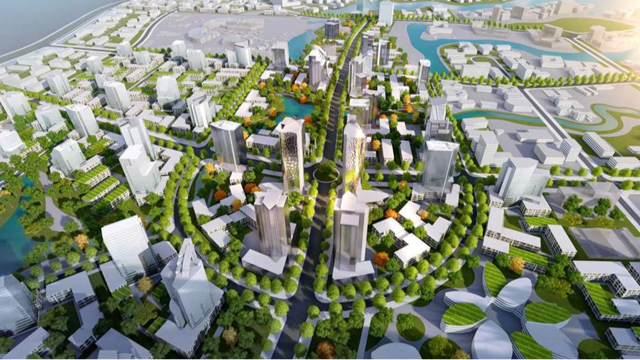
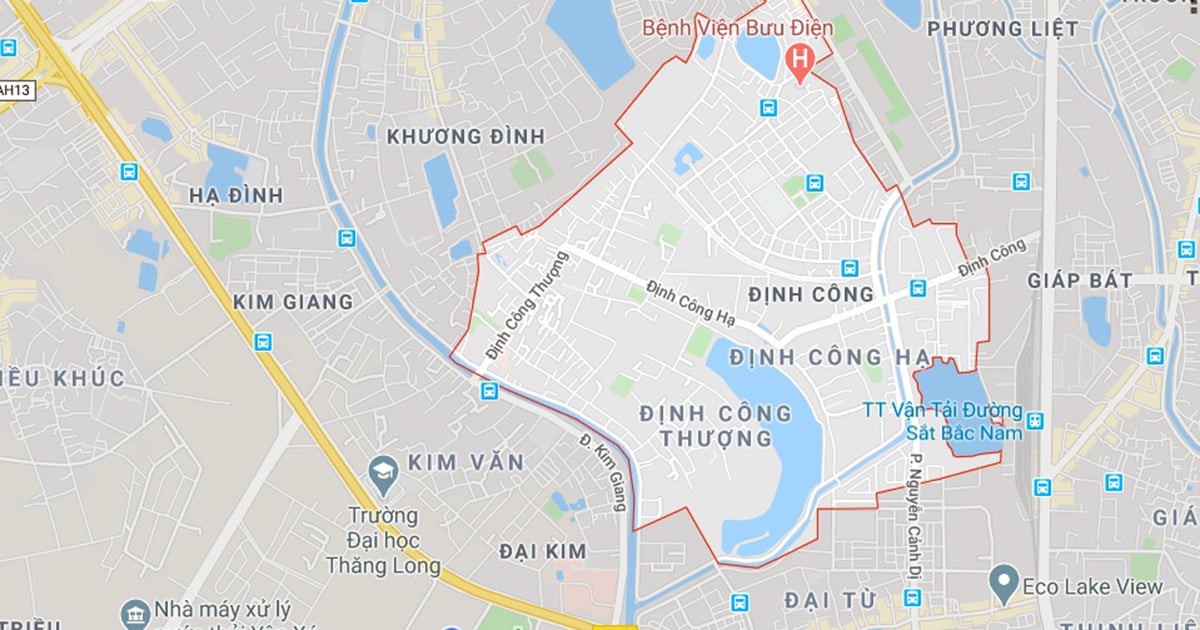

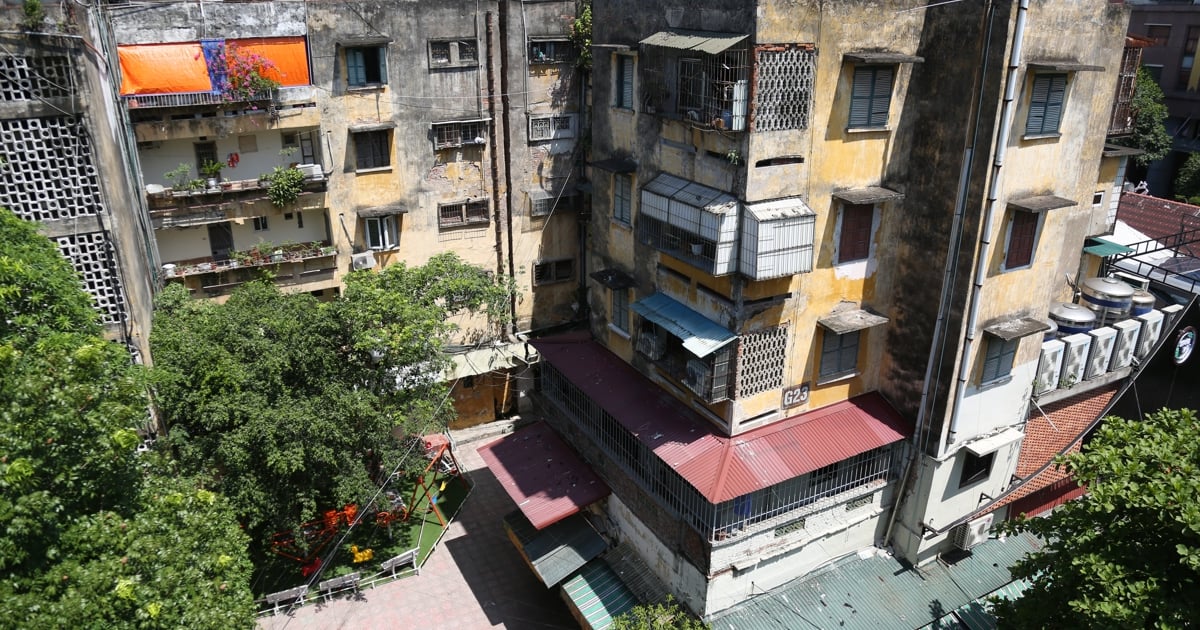
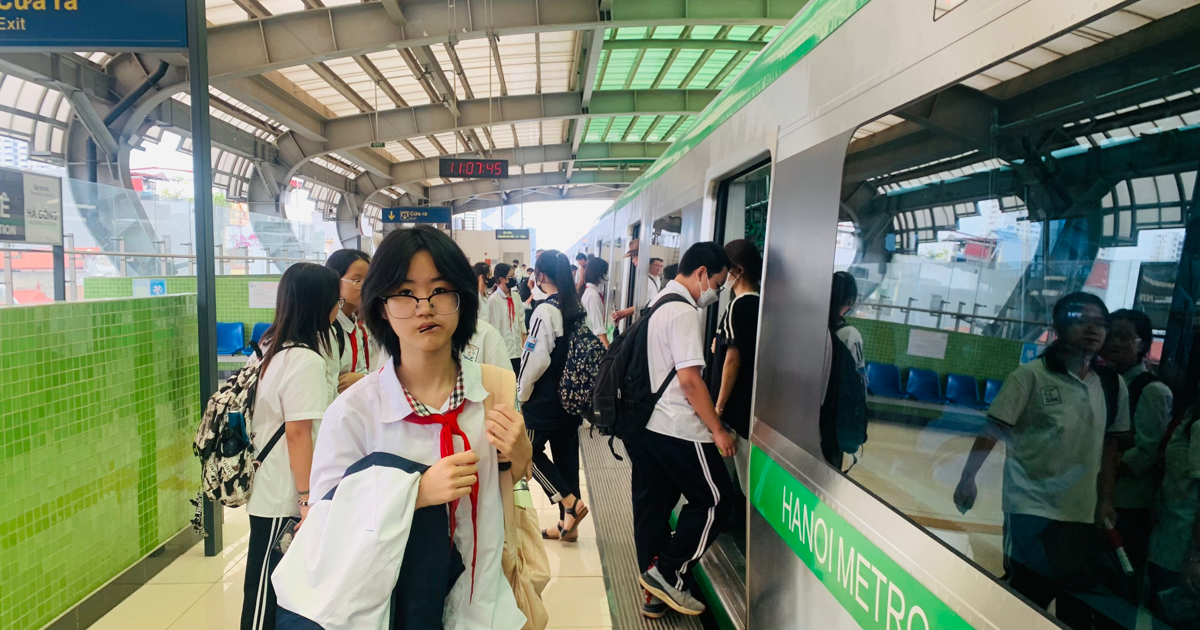
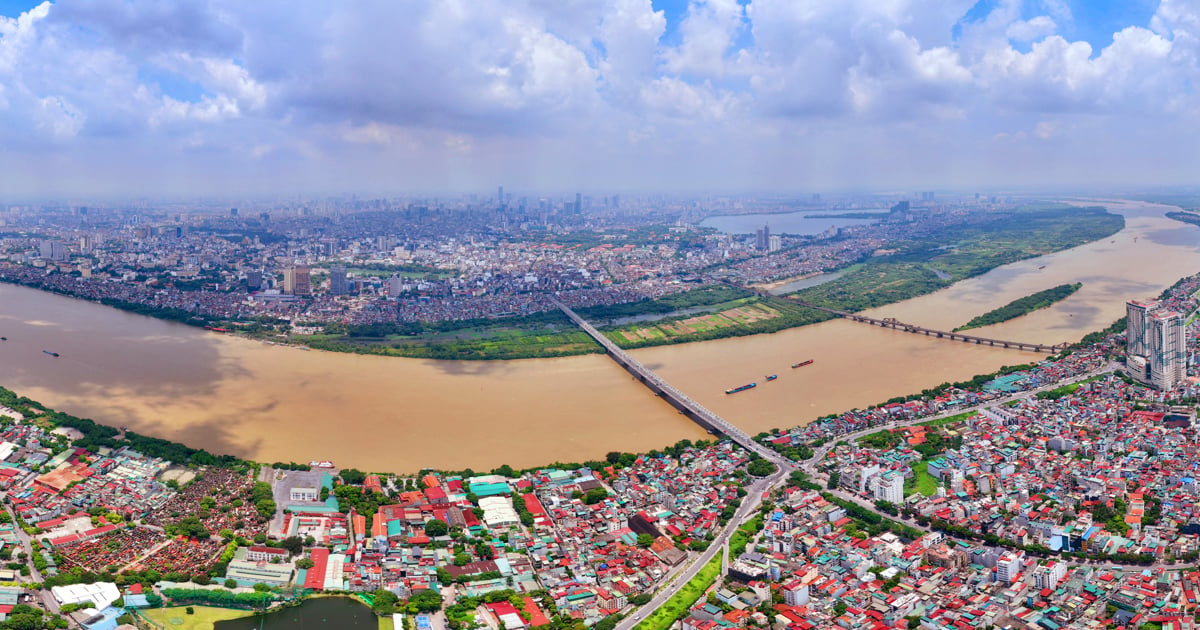
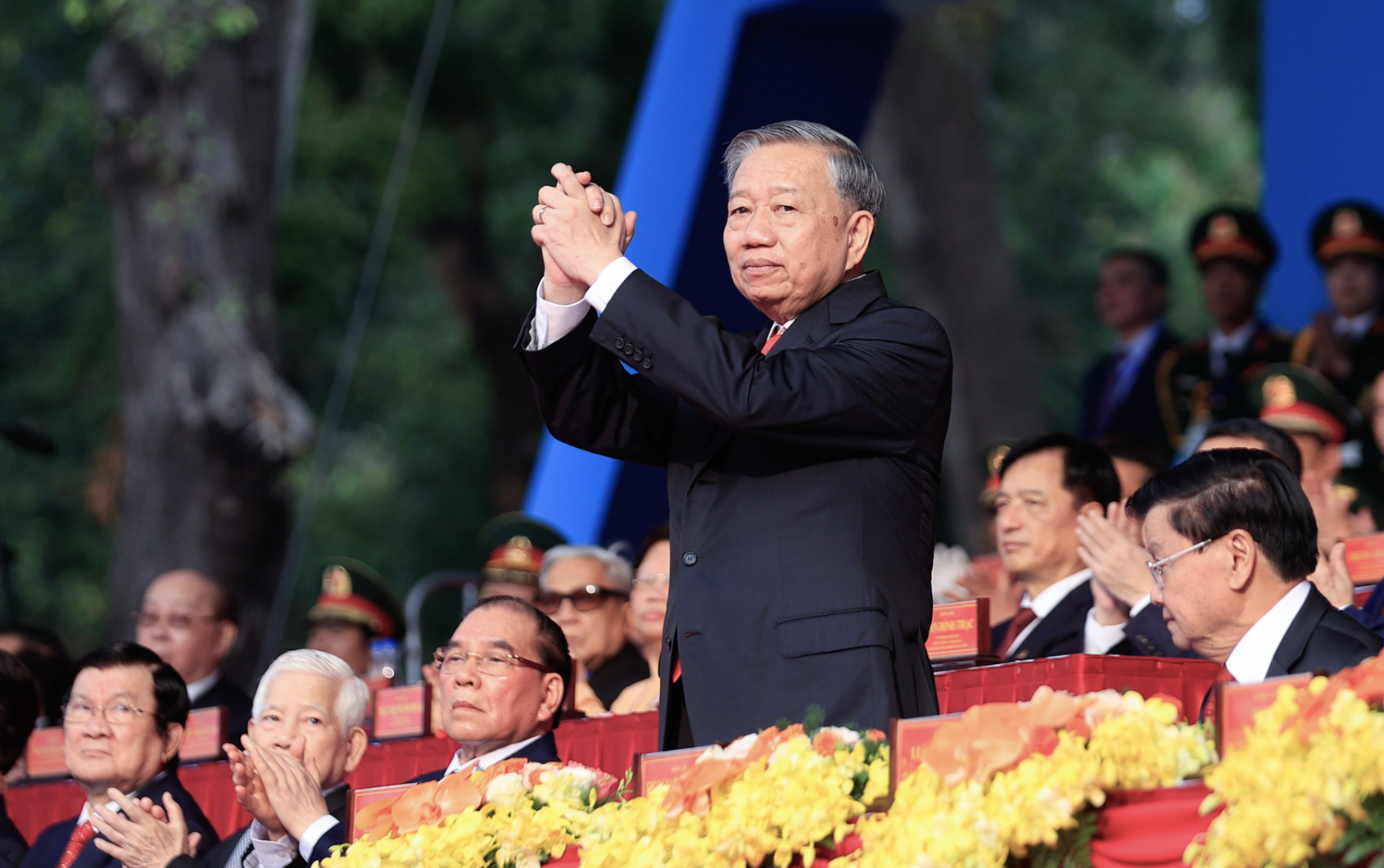











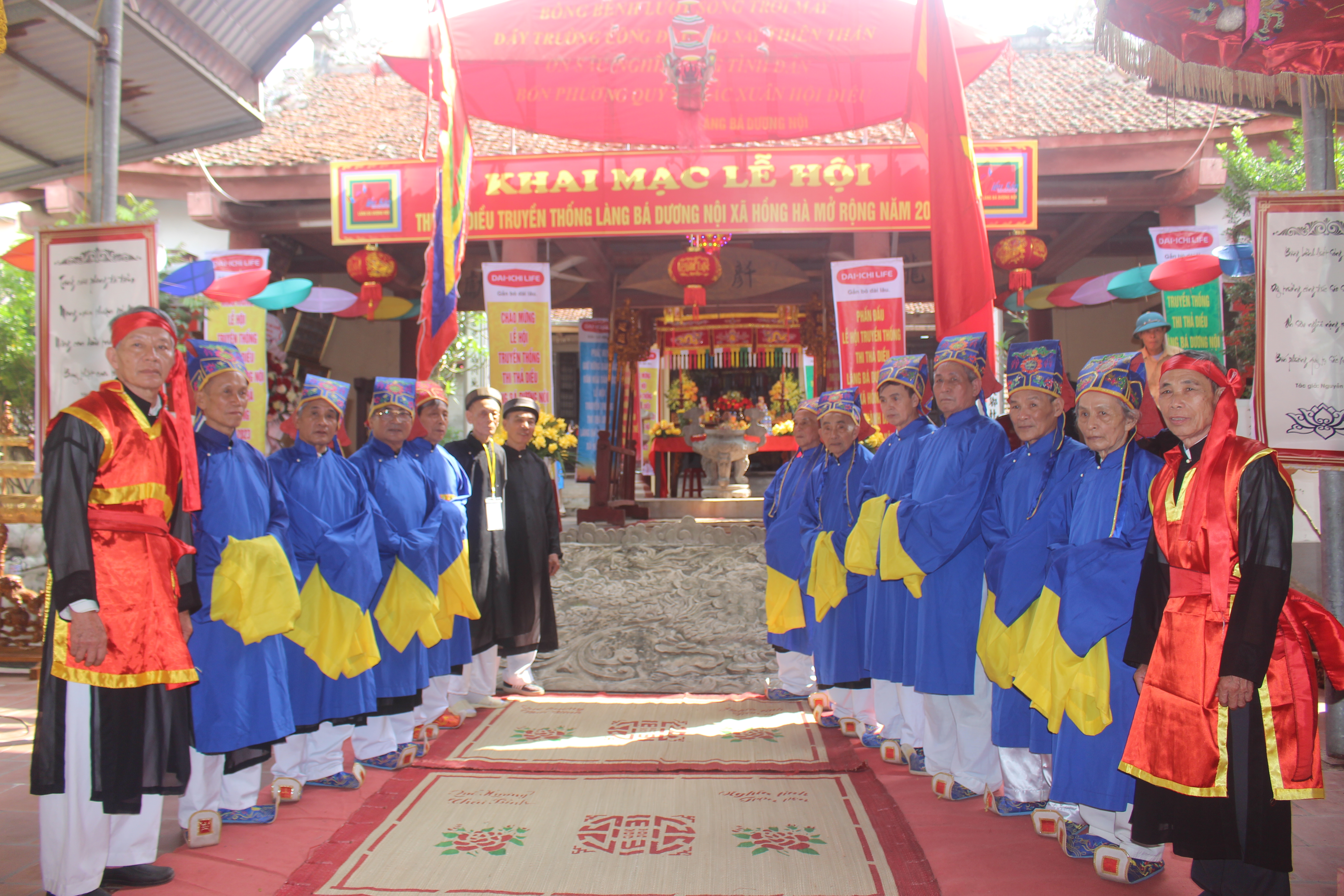


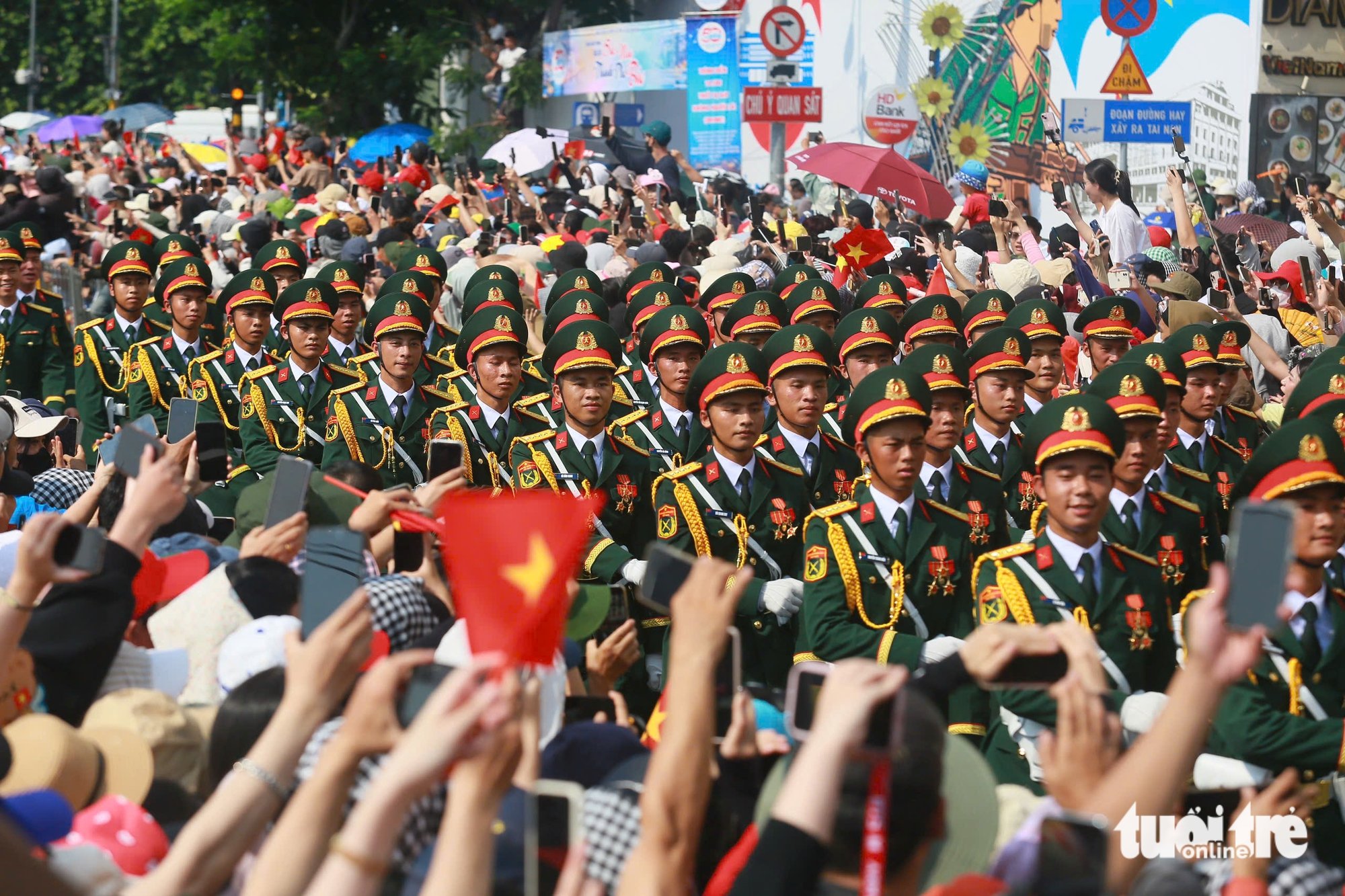
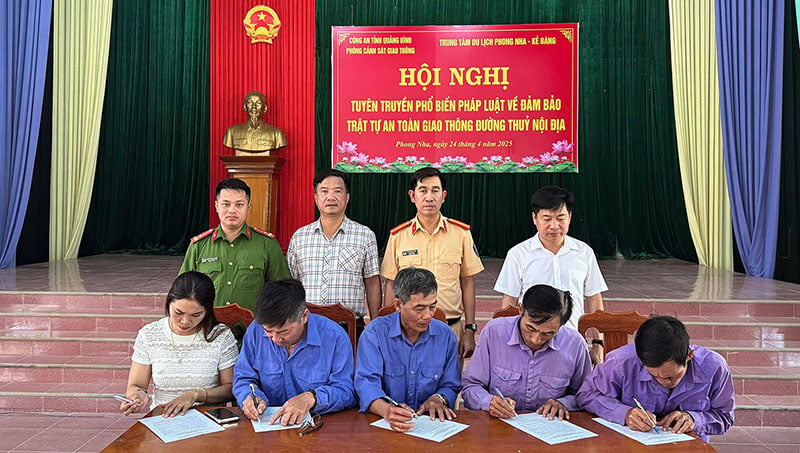

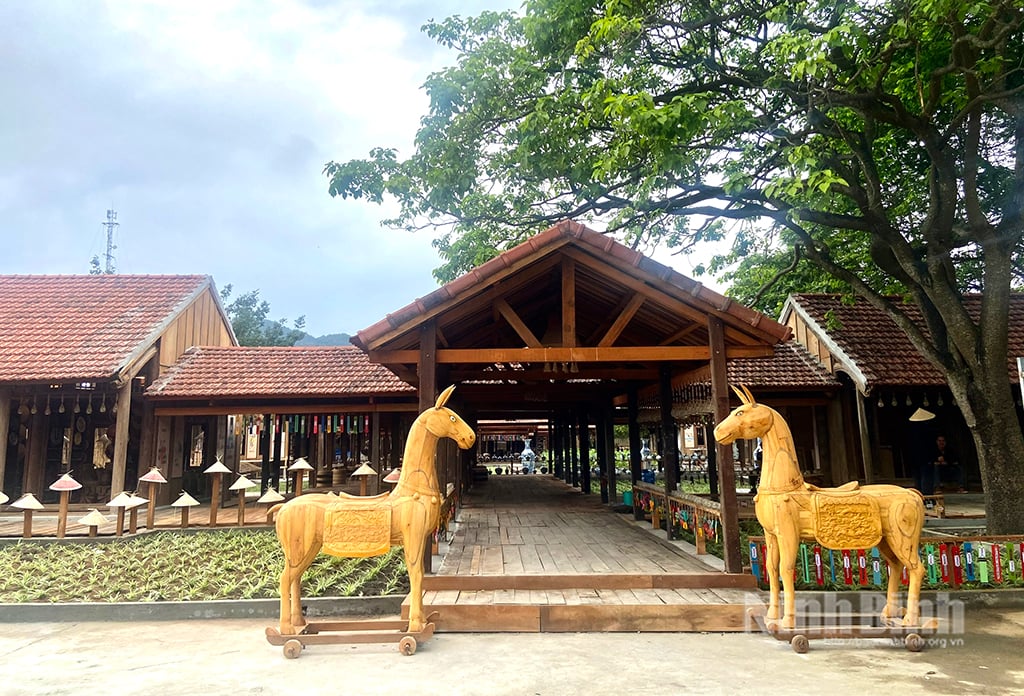

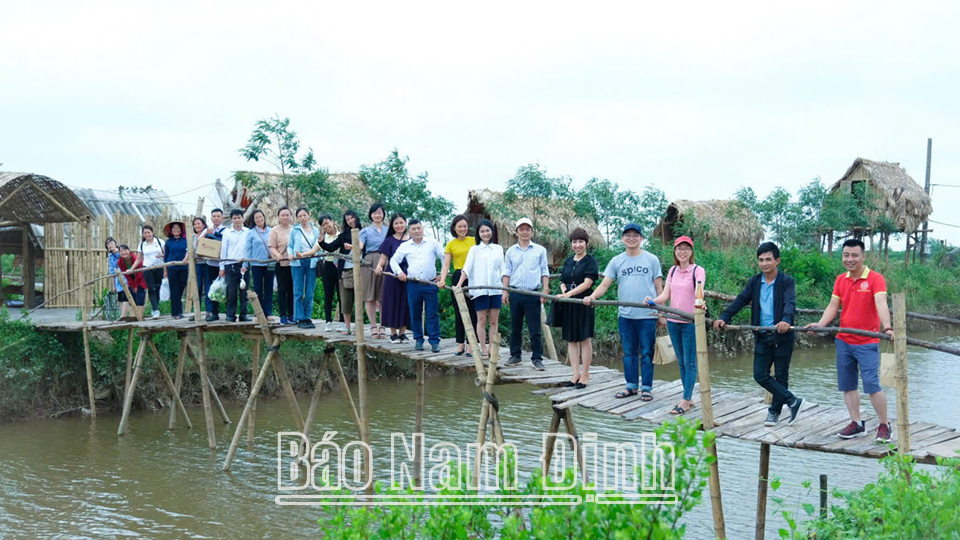

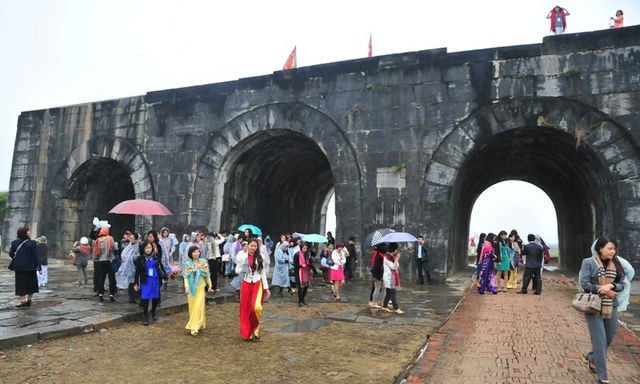













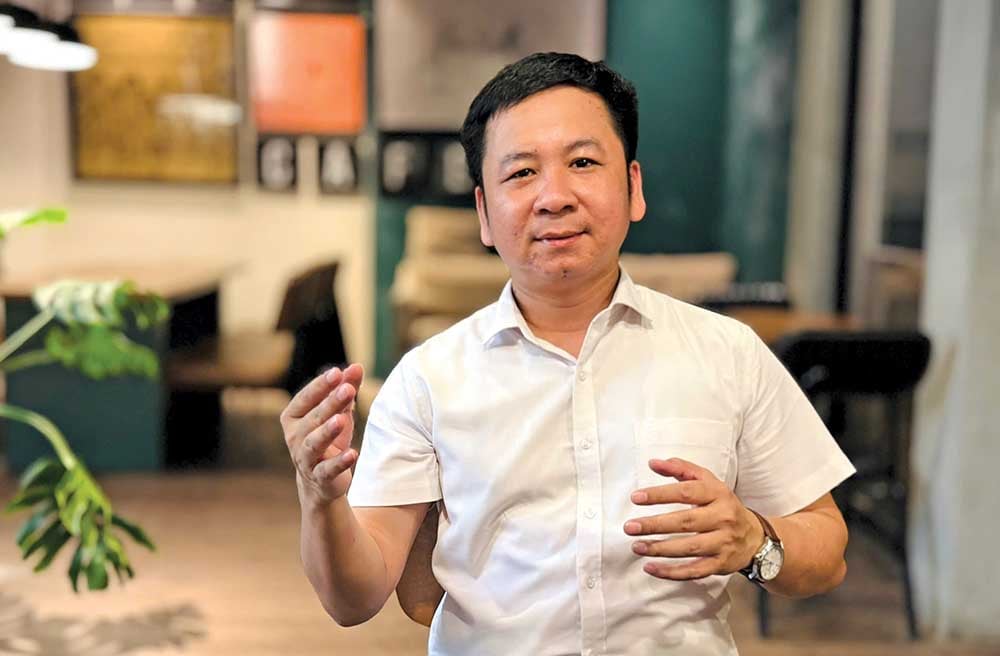

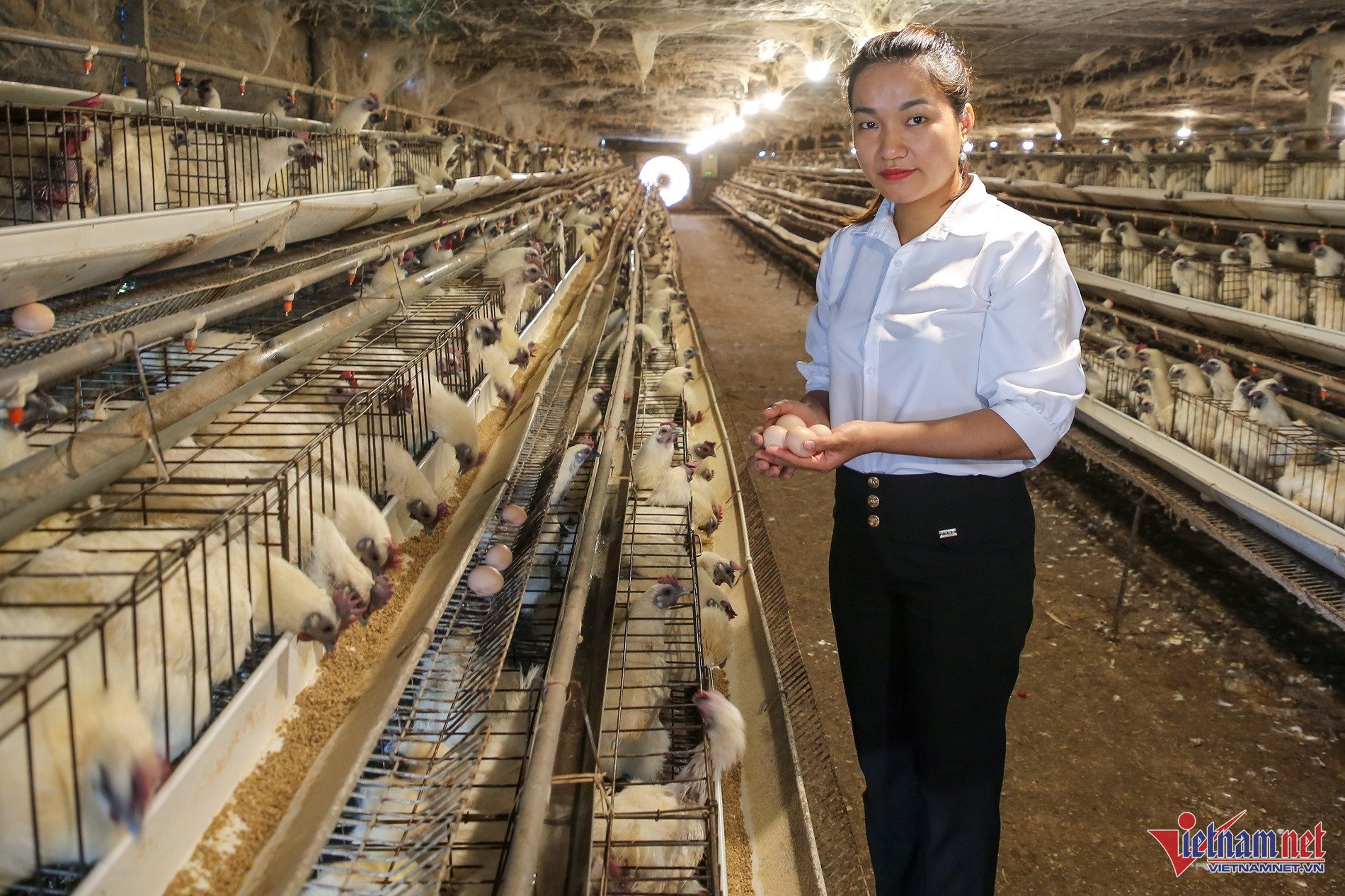














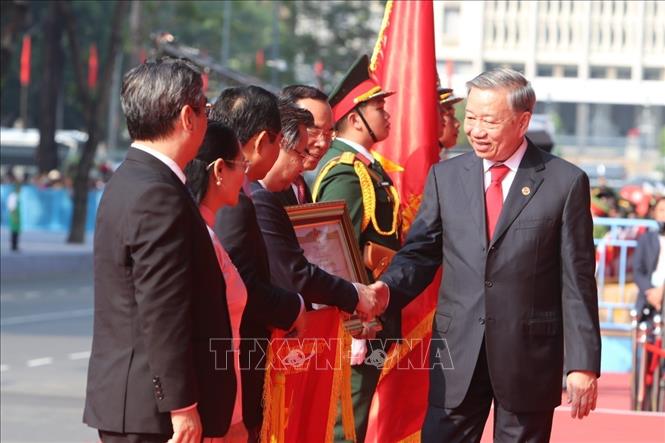


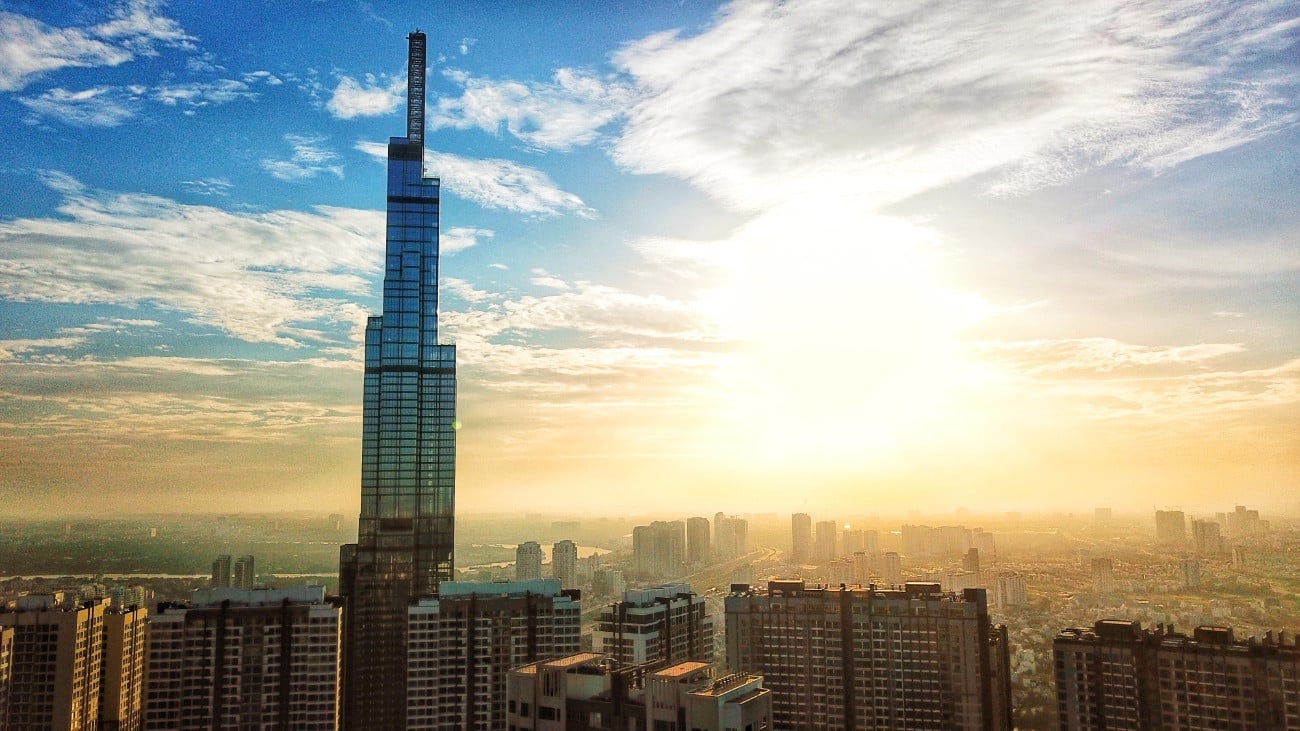













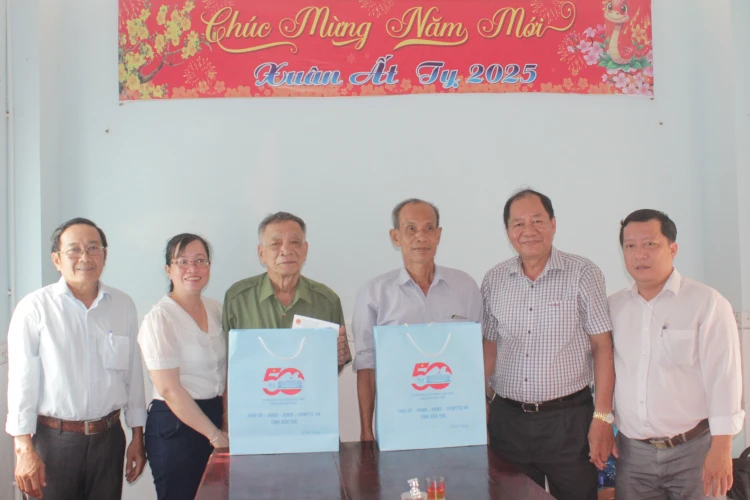


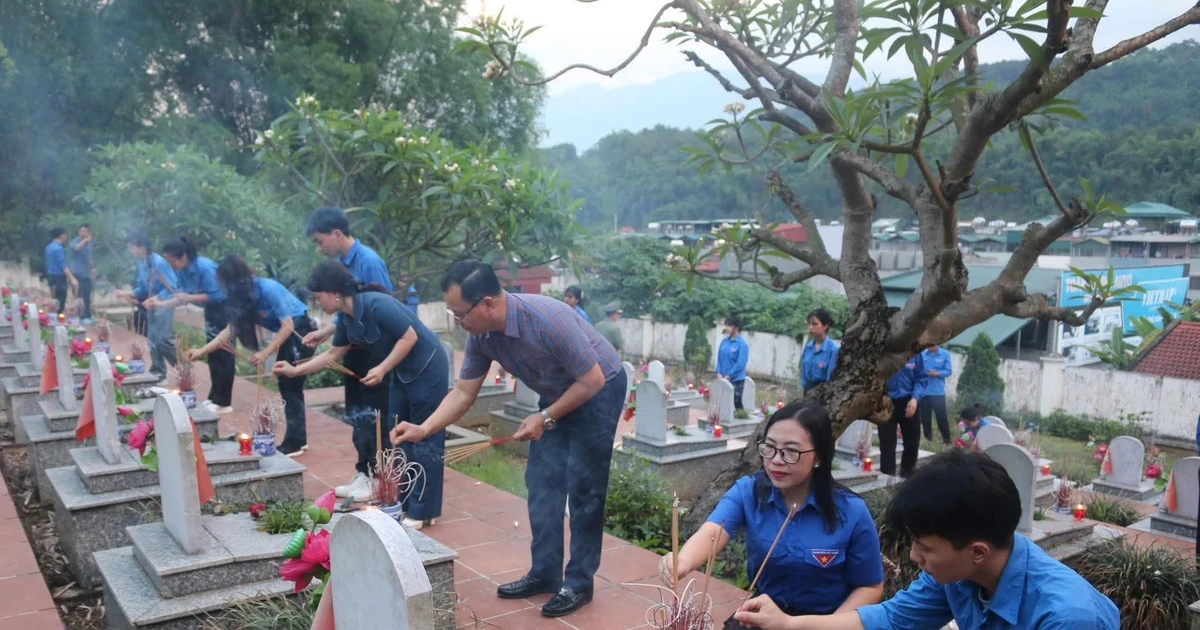
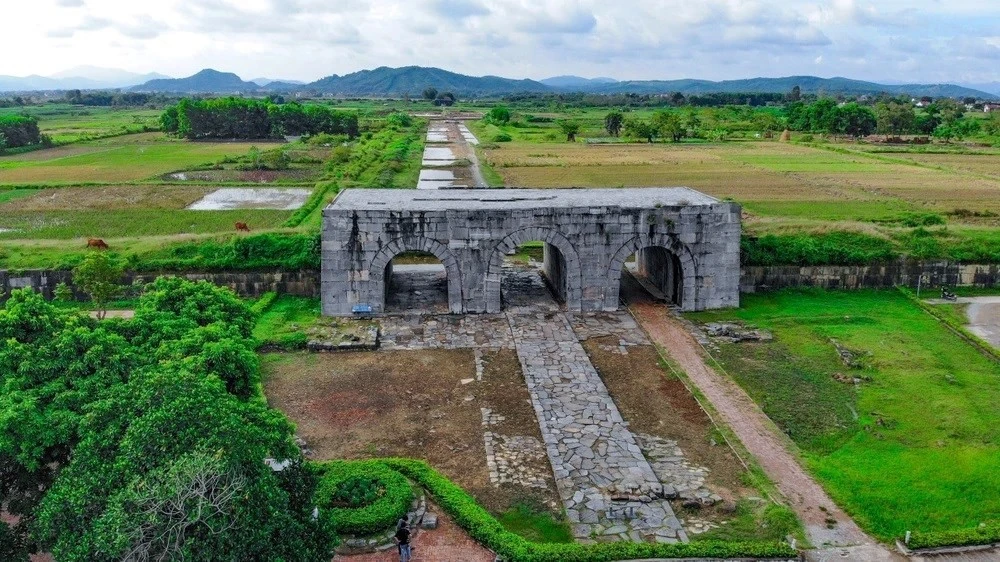









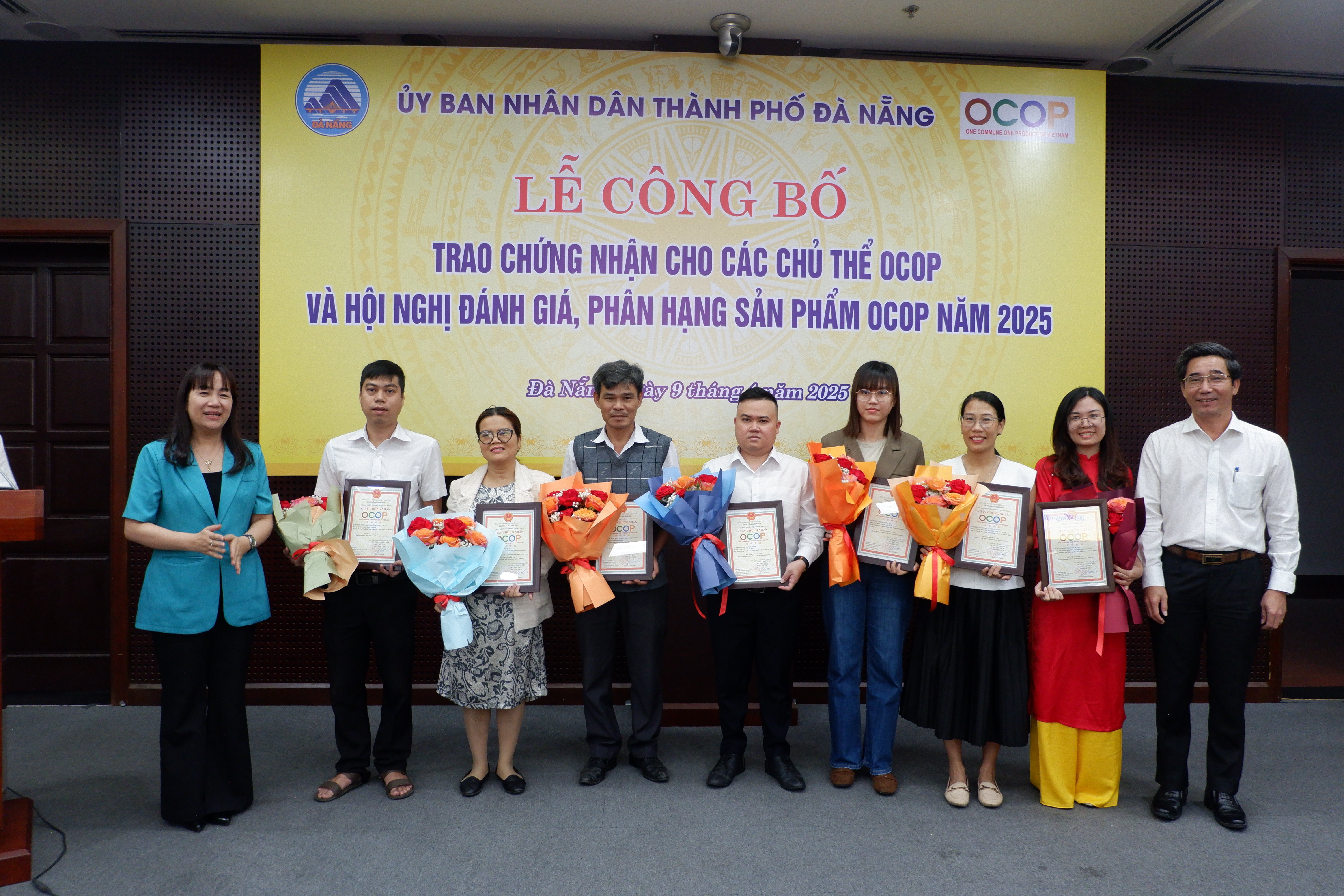

Comment (0)